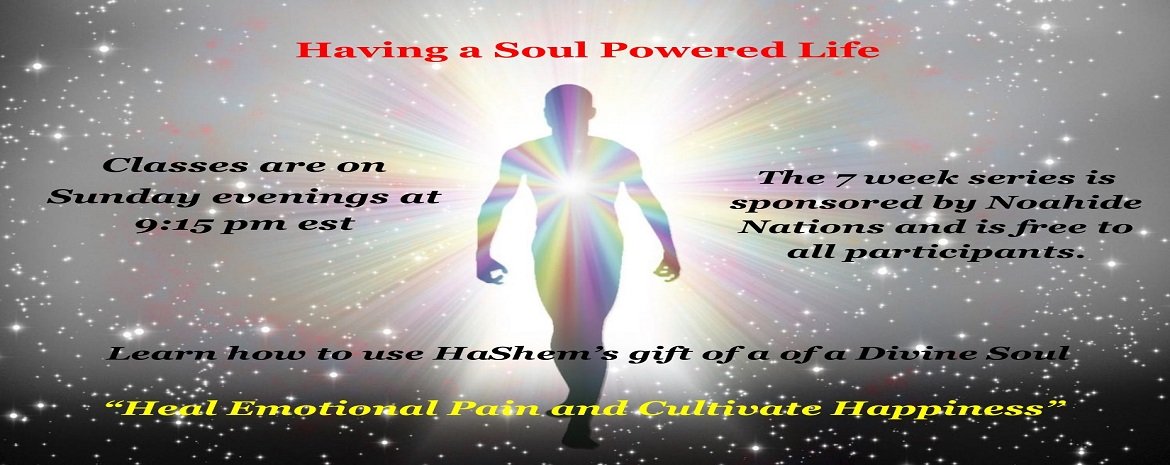
Al Chet 1
- Category: Al Chet (Confession)
- Hits: 4623

Rabbi Shraga Simmons
1. For the mistakes we committed before You under duress and willingly.
How can we be held accountable for mistakes committed under duress?! The answer is that sometimes, we get into compromising situations because we are not careful. Many of these "accidents" can be avoided by setting limitations to avoid temptation.
Ask yourself:
Duress:
Did I put myself into compromising situations, and then when I got into trouble rationalize by saying it was "unavoidable" or "accidental"?
Have I tried making "fences" so that I won't transgress?
Have I considered setting up a penalty system as a deterrent against certain mistakes?
When I legitimately got into an unavoidable situation, did I stop to consider why God might want me to experience this particular challenge?
Willingly:
Did I make mistakes because I was lazy, or because my lower, animalistic urges were getting the better of me?
Al Chet
The 44 Roots of Mistakes
by George Brock
- For the mistakes done willingly or under duress....
- The battle is between good thoughts, words, and actions versus evil thoughts, words, and actions.
- The cause is laziness and animalistic urges getting the best of one because of sadness.
- Sadness is the beginning of every downfall.
- Sadness is the dust of the snake - the cause of depression and apathy.
- The victory comes when one realizes one cannot unscramble the eggs (one can't change the past but one can do T'shuvah).
- Thoughts, words, and actions are our spiritual garments - T'shuvah is keeping one's garments pure.
- T'shuvah comes when the flame (fear) of G-d in one's heart purifies one's mind (love) of G-d.
- This creates the thunder in one's voice that strengthens one's crooked heart and creates the feeling of joy that fills one's heart.
|
Thoughts |
Words |
Actions |
|
Spiritual Awareness Revelation of G-d |
Prayer How One Connects with G-d |
Mitzvot How G-d connects to You |
|
It is to hear and to see spiritually |
Prayer is synonymous with faith (emuna) |
When one performs the mitzvot with joy, with no expectation of future rewards, G-d will clothe Himself in your mitzvot and make the world a better place |
|
Torah reveals G-d |
Everything comes from G-d |
|
|
Sin conceals G-d |
Everything is for one's ultimate good |
|
|
Everything is for a purpose |
- The goal of Torah, service, and kindness (thoughts, words, and actions) is to make the world a better place; sharing God's good and creating great joy.
- "If one would connect oneself to one's Creator by practicing T'shuvah for the forgiveness of one's sins - studying Torah to increase one's spiritual awareness and practice one's mitzvah to make the world a better place - one would create great joy by removing all sadness and desires to willingly sin, even under duress.”


 French (FR)
French (FR)  English (UK)
English (UK) 




